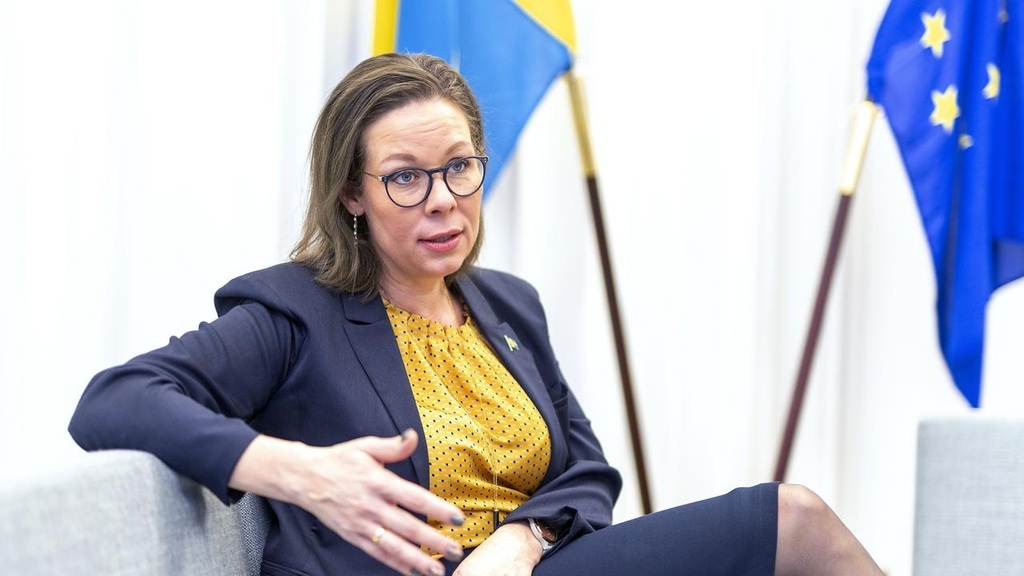A number of governments are keen to give their first “overhaul” of key asylum policies to migrants a hurry, Swedish Migration Minister Maria Malmer Stenergaard has revealed. However, as of Wednesday evening, “all decisions were still subject to negotiation”, she noted. Negotiators want to reach a unified agreement this week, using their best chance in recent years to revise the EU’s asylum rules and the distribution of migrants across its territory.
Sweden currently holds the Presidency of the EU Council and has been given the responsibility of navigating the bloc’s attempt to conclude a new agreement on the issue. In recent weeks, EU officials have hinted, that such an agreement may soon become possible. But negotiations have again become tense. The main stumbling block is the question of how migrants can be evenly distributed across Europe.
Malmer Stenergaard believes, that any agreement must strike a balance between helping border countries where asylum seekers are on the rise and limiting the ability of these migrants to travel without authorisation within the EU. Over the past decade, the EU has repeatedly failed to reform asylum rules for migrants. This has largely been due to conflicting interests and political positions of leaders who have made migration a major campaign issue.
The latest talks were seen as the best opportunity for reform in years. But Malmer Stenergaard and several diplomats involved in the talks, who spoke on condition of anonymity, noted, that many issues remain unresolved.
One of the main points in the negotiations is a decision on extending the possibility of returning to safe third countries those migrants whose asylum requests in the EU have been rejected.
“Without a solution to expand return options to safe third countries, we risk overloading frontline states with huge numbers of migrants,” one EU diplomat said. “This will undermine the new system even before it is up and running.”
Another open question is how much countries have to pay to avoid accepting migrants. According to Malmer Stenergaard, the latest figure is €20,000 “per person”. The desire to make countries pay this amount even if they will not accept migrants has angered some, including the Polish government.
And the three most populous EU countries – Germany, France and Italy – are still undecided on their position, but are pressing for serious concessions. Italy’s support is crucial, because it is one of the countries hosting the largest number of asylum seekers.
An EU diplomat, who spoke on condition of anonymity, described the sentiment as “quite a large group of countries” that are willing to say “yes, okay, but we want some more”. And Malmer Stenergaard fears, that the already protracted process will be further delayed. Negotiators had hoped to have an agreed text for EU interior ministers at their meeting in Luxembourg on Thursday. The agreement could eventually pave the way for a final deal before next year’s European elections.


